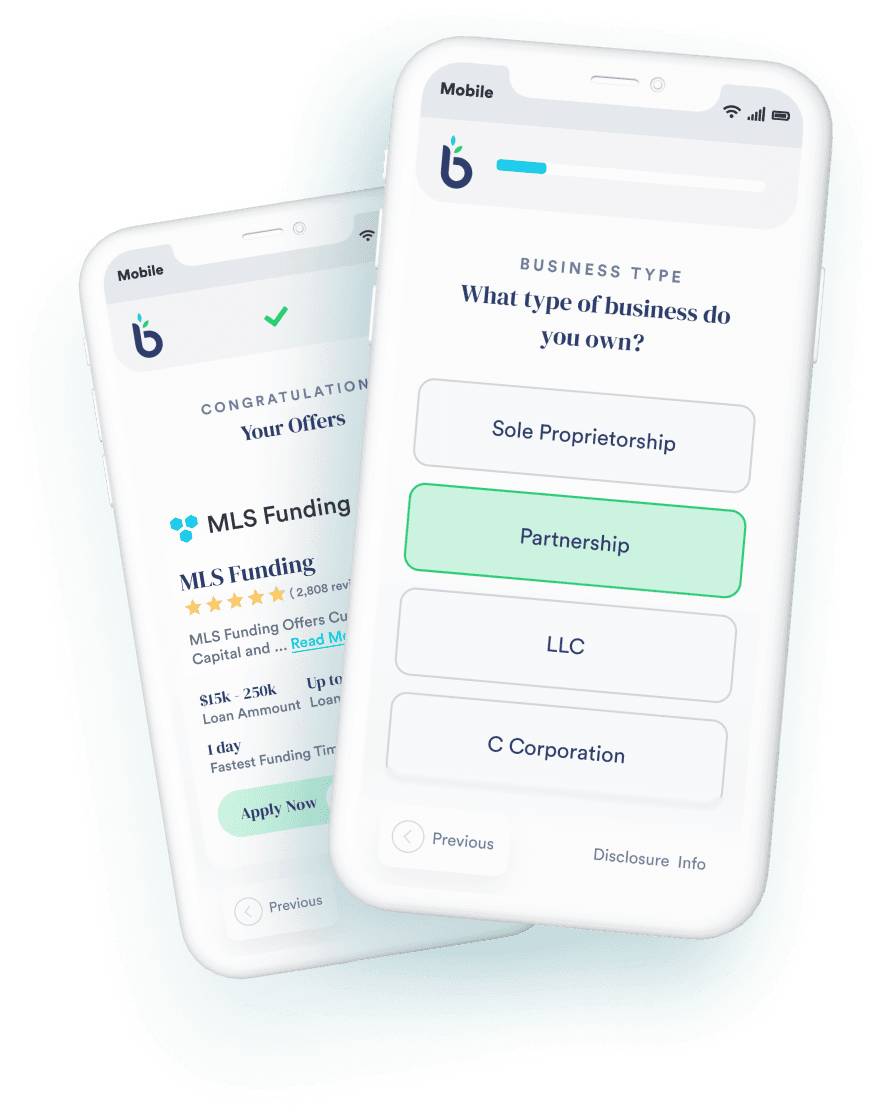Business Equity Financing | Pros & Cons of Equity Financing
Equity Financing
Quick Overview
- Owner shares equity in lieu of regular monthly payments
- Investors receive a percentage of ownership for investment
- Investor return is realized with an IPO or other similar event
- Look for Angel Investors or Venture Capital firms
By Bradley Harris | Last Updated: September 10, 2021
If you’re starting a business, and are looking for an alternative to taking out a loan, one option is equity financing — offering investors equity ownership in your business in exchange for their cash.
How Equity Financing Works
Equity financing occurs when a business gives up a percentage of its ownership to an investor (or investors) in exchange for capital.
In equity financing, the investor is taking a risk. It is understood that if the company doesn’t do well, they lose their investment. Friends and family and angel investment typically involve smaller amounts, but can all be considered types of equity investment.
When an equity investor agrees to invest in your company, they invest in exchange for ownership in the business. This financial arrangement is different from debt transactions where lenders/creditors are repaid according to the terms of their agreement.
Is Equity Financing a Good Option for You?
Businesses from all industries can be good candidates for equity financing, provided they have the potential to grow significantly with the addition of the investor’s capital. Unlike a lender, equity investors aren’t looking for regular payments; rather, they are looking for an event (such as a business sale or public offering) to capture profits, which is one reason tech startups are appealing to an equity investor. Here are a few reasons to consider this type of financing:
- You have a business model with the ability to scale profits quickly with the infusion of capital investment
- You are willing to offer equity in your business to a future investor in return for capital
- You are willing to give the investor a seat at the decision-making table
- You see the advantage of a potentially more experienced voice in helping guide your company
Pros to Equity Financing
- Unlike traditional bank financing, equity investment is not subject to regular payments. Investors are looking to a future capital event and the opportunity to capture their share in the profits.
- Equity investors (especially angel investors) often offer guidance and advice that can help your business grow.
- It can be easier to secure early investment from friends and family because they know you personally and can quickly get excited about taking part in your success.
Cons to Equity Financing
- Accepting investment from friends and family can create tense relationships, especially if you are not able to provide a return on their investment.
- Finding the right equity investor can be more time-consuming than applying for a loan, and the process may take longer.
- There may be long-term implications to taking equity investments. If you give up a large piece of equity in your business, you lose exclusive control over future business decisions.
Types of Equity Financing
Angel Investors
Angel investors are people who invest personal wealth into specific businesses on an individual basis. Some angel investors work alone, while others operate as part of a network. The term “angels” points to their experience: many angel investors are current or former business leaders that want to contribute to businesses that spark their interest. When they sign on to invest, they are often not only giving money but also guidance and valuable advice.
For these reasons, angel investors are highly sought-after, and many take their time in deciding which companies to invest in.
Venture Capital
Venture capitalists are individuals or firms that manage funds set aside to invest in new businesses. Modern VC firms tend to focus on young, high-growth companies—typically tech startups. This type of equity investor differs from friends and family and angel investors in that they are usually only interested in high-value investments (almost always millions of dollars instead of thousands of dollars). When a venture capitalist invests in a high-growth company, the investor expects to either be a member of the company’s management team or sit on its board of directors, thereby taking an active role in the operations of the business.
Friends and Family
Your friends and family can be excellent sources of equity investments because, generally speaking, they trust you and can get excited about your vision and desire to succeed. Before asking your friends and family for an equity investment, it is important to contemplate your relationship with your potential investor. Don’t take shortcuts and try to avoid a formal agreement between your friend or family member. It might be tempting to ignore their advice, but you should treat them like any other equity investor and be aware they may want a voice in how you run your business in the future.
How to Raise Equity Financing
Equity financing can sound like an informal agreement (especially in the case of friends and family investment), but you can’t approach it that way. Prepare a well-laid-out business plan, and do your homework regarding the valuation of your business and your projections for future earnings.
*Note: You are required to register some early investments with the SEC. There are exceptions to this; it is advisable to talk with a tax attorney for more information.
Here are a few success tips:
Friends and Family
- Consult an attorney that specializes in equity arrangements. While this may sound like a pricey proposition, it’s worth every penny. To save money, you might ask a lawyer who is a family member or friend to help you out. Draw legal papers for each investor agreement, no matter how small the amount.
- Only take funds from people who you know would be fine if they were never repaid. Family and friend relationships can quickly become strained when monies are lost.
- Make sure your agreement is clear. If you receive money from your elderly aunt and she dies, will her equity go to her descendants? Include all of this information in your contract.
- Only agree to investments from people you trust. Equity transactions mean investors will have a say in the workings of your business. Be discerning with whom you bring on as investors.
- Consider offering “non-voting” stock, especially if you are concerned about family members or friends being too pushy in the operations of your business. “Non-voting” stock means an investor will have stock in your company, but not a voice in how you run your business.
- Set clear expectations (i.e. don’t tell your uncle that he will receive 1,000 times his investment back in five years if you aren’t sure that he will).
- Consider offering a convertible note, which is a type of contract agreement that can start off as debt (monies you will be required to pay back), but then can be converted into equity if your business does well or attracts larger amounts of funding later on.
- Think twice before offering large equity percentages.
Angel Investors
- Do your homework and only approach angel investors that typically invest in your industry—that way you’ll avoid wasting both your and their time. And, most investors will appreciate that you’ve done some research before you contact them. Start your search by checking out the following resources: Angel Capital Association, Angel Resource Institute, and Angel Investment Network.
- Be prepared for your meeting with an angel investor. Make sure your presentation is polished and you can confidently talk about your business idea. Angel investors are pitched all the time; your proposal will only float to the top if you exude confidence and are able to answer all of their questions with little hesitation.
To Sum Up
Equity financing can be a great way to fund your business, provided you have the right type of business. Although it can be an alternative to bootstrapping or debt financing, there’s more to it than that. The right type of business can really benefit from an equity investor. Be sure to consult a qualified attorney before agreeing to any transaction and treat every investment meeting—even those with your family and friends—professionally.
A Business Line of Credit
Personal Credit



